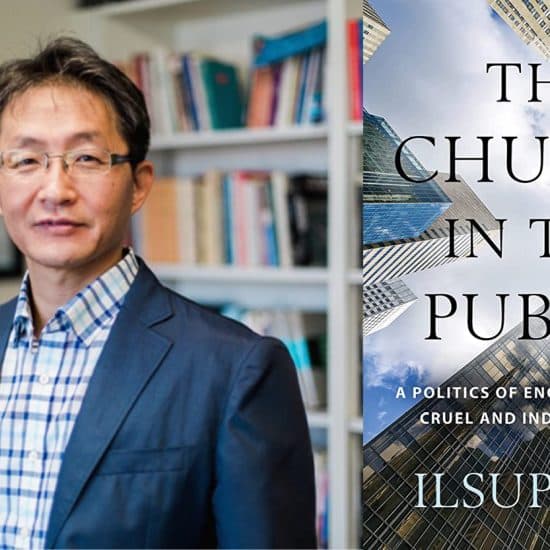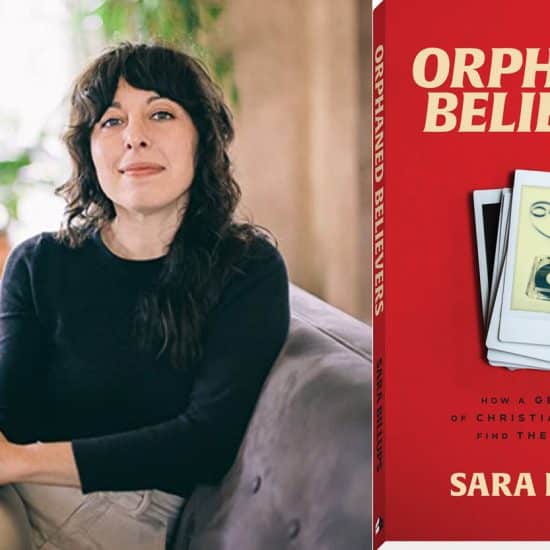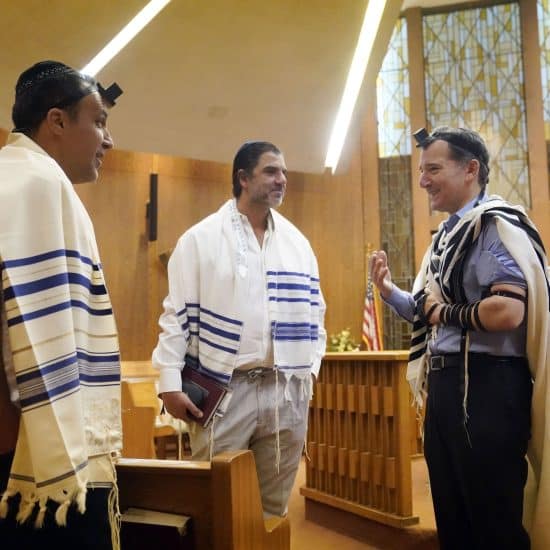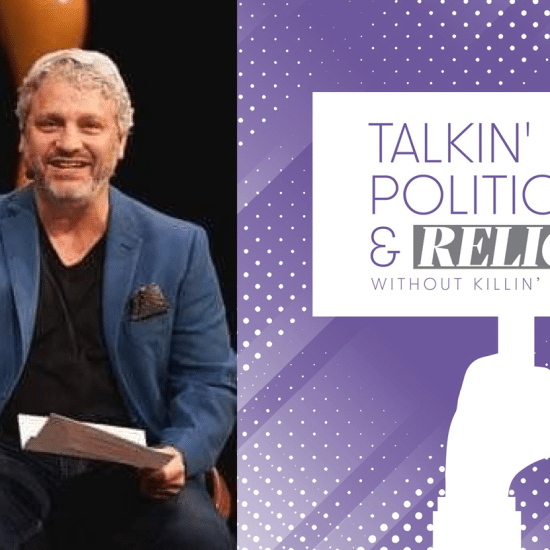NASHVILLE, Tenn. (ABP) – Today’s young Christians aren’t interested in enlisting for the culture wars that created a brand of Christianity focused more on the ballot box than serving others, author and cultural commentator Jonathan Merritt says in a new book due out May 8.
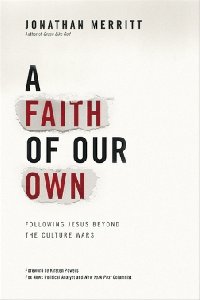
|
“Christians are rejecting the polemical, power-hungry and partisan politics of the culture wars,” said Merritt, author of A Faith of Our Own: Following Jesus Beyond the Culture Wars, published by FaithWords, a division of Hachette Book Group. “We need to be involved in politics, but in an independent, civil, embodied way.”
Growing up as the son of Southern Baptist Convention President James Merritt and attending churches including Jerry Falwell’s Thomas Road Baptist Church in Lynchburg, Va., while attending college, Merritt says in the book that he saw plenty of partisan voter guides and heard his share of sermons denouncing liberals. As he entered adulthood, however, he found those messages harder and harder to square with the Jesus he found in the Bible.
A faith and culture writer who has published over 100 articles in outlets including USA Today, The Atlanta Journal-Constitution and Relevant magazine, Merritt says a lot of the young Christians he talks to want to have a Christ-centered impact on culture but are disenchanted with a faith too closely aligned with partisan politics of both the right and the left. Instead of listening to those voices, he says, leaders of the older generation often respond in condescending ways or even try to silence them.
In one chapter Merritt tells his story of becoming convinced as a student at Southeastern Baptist Theological Seminary that Christians ought to be caring for the environment, a conviction that eventually led him to write his first book, Green Like God, in 2010. Merritt contacted a group of pastors, professors and leaders in the Southern Baptist Convention to draft a statement on a “biblical view of creation care” that he began circulating among denominational leaders.
Merritt says leaders of the SBC Ethics and Religious Liberty Commission didn’t respond to him early in the drafting process, but after the initiative began gaining steam he “became a liability” by making it appear that Southern Baptists weren’t unified in their skepticism about man-made global warming. Leaders said if he turned the project over to them they would rewrite it, pay for its public release and open doors for speaking arrangements. When he declined, Merritt says, they set out to undermine the effort by locating signatories and trying to convince them to remove their names from the statement.
“Is this the current state of the Christian Church in America?” he asks. “Has Christ’s bride become so hungry for influence that she will stop at nothing to protect her power? Is this community at the point where seminary professors will threaten students at the beckoning of the establishment?”
Merritt says a generation of conservative Christianity wedded to partisan politics hasn’t resulted in a more godly America, but for some people it has given Christianity a bad name. In one chapter Merritt describes reuniting with a childhood friend who came out to him that he is gay. Merritt replied that he still wanted to be friends, and subsequently accepted reluctantly an invitation to the young man’s birthday party. While uncomfortable at first in a house full of men that he assumed were gay, Merritt says things went well until he told someone that he went to Liberty University. The room fell silent and people started talking about how remarks by university founder Jerry Falwell describing homosexuals as “beasts” and “Satanic” made them want to have nothing to do with Christianity.
“Christians – myself included – have allowed our leaders to spew hatred at a community of people who are no more sinful and no less precious than the most pious,” Merritt writes. “Is it any wonder that many churches have no out-of-the-closet gays attending but enough out-of-the-closet gluttons to fill up a dozen church buses?”
Speaking of Falwell, whom he first met as a prospective student and after his death traveled to attend his funeral, Merritt calls him “a good man, perhaps even a great man,” who will likely be remembered more for his faults than for his tremendous generosity and leadership skills. “Jerry Falwell’s legacy will be conflicted, I think, as will the late-20th century political movement in which he was a leader,” Merritt concludes.
-30-
Bob Allen is managing editor of Associated Baptist Press.



